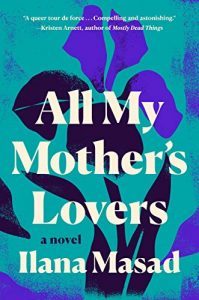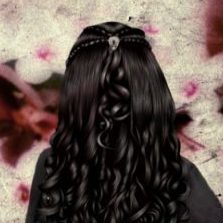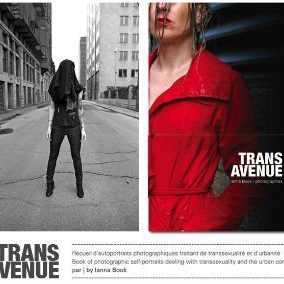 Acclaimed essayist and book critic Ilana Masad’s piercing debut novel ALL MY MOTHER’S LOVERS has been making a splash across 2020s most anticipated lists, having been featured on Buzzfeed, The Millions, O Magazine, Electric Literature, Literary Hub, The Rumpus, and LGBTQ Reads.
Acclaimed essayist and book critic Ilana Masad’s piercing debut novel ALL MY MOTHER’S LOVERS has been making a splash across 2020s most anticipated lists, having been featured on Buzzfeed, The Millions, O Magazine, Electric Literature, Literary Hub, The Rumpus, and LGBTQ Reads.
Despite her parents’ example of domestic bliss, twenty-seven-year-old Maggie Krause has found serious relationships elusive, until, perhaps, meeting her girlfriend Lucia. When Maggie’s mom Iris dies suddenly in a car crash, she returns home to her upended life, a devastated father and brother. While there, she comes across her mother’s will and five sealed envelopes, each addressed to a mysterious man.
In an effort to discover the truth about the mother she never fully understood and who never wholly accepted her sexuality, Maggie embarks on a road trip to hand-deliver the letters, only to encounter Iris’s second, secret life, and the woman she thought she knew shattered.
Exploring the nature and complexity of intergenerational relationships, grief, gender, and identity from the perspectives of both mother and daughter, ALL MY MOTHER’S LOVERS empower voices and identities too often sidelined to shine.
LOTL chats to Ilana:
ALL MY MOTHER’S LOVERS is about a mother-daughter relationship but it’s also about the relationship between boomers and millennials. What was it about his dynamic that interested you?
I’m not a historian, of course, but as far as I can tell, American boomers, gen Xers, and millennials all came of age during time periods of pretty rapid social and technological change, the drums of some kind of war being sounded at all times (be it the Cold War, wars overseas, or rhetorical and institutional “wars on [X],” from poverty to drugs to terrorism). Perhaps because each generation has been handed down a nation more affected by these realities, we’re often at loggerheads; but it seems to me that we have far more in common than we don’t.
What have you learned from older generations of the LGBTQIA+ community?
I’ve been lucky to have quite a few models of queer happiness in my life from an early age. My aunts—my mom’s sister and the woman she met when I was four or five—have always been an important part of my family and my life, and they’re such an incredible, loving couple.
My parents had very close friends in England who I always thought of as my gay “uncles.” They all taught me so much simply by existing, by being people in my life who were kind and smart and funny and caring. And sometimes, in listening to them, I’d learn a little bit about how different things used to be for them. Later, I purposefully sought to learn more, to understand what it means to have the kind of freedom I have now, how much my generation owes to those that fought for our rights before us, and to internalize just how much we stand to lose if those rights are taken away.
ALL MY MOTHER’S LOVERS explores a spectrum of sexual identities with care and nuance, but it is not a coming-out tale. Was that a deliberate choice?
It was, but not because coming out stories aren’t important. They are, especially as there are so many coming out stories that haven’t been told yet—but Maggie’s has, in many ways. And her coming out wasn’t what I wanted to look at here. Instead, I wanted to look at a different kind of coming of age, one that occurs for many people—of any identity—when a parent dies.
How much of your own experience did you bring to the book and Maggie?
I’m sure I brought unconscious experiences to Maggie and the book, but there are few conscious one-to-one parallels. Maggie has way more game than I do, for instance! (She’s the kind of person I would hopelessly crush on and who wouldn’t look at me twice, alas.) I suspect that personality-wise, I have more in common with Iris—not in her lack of acceptance of Maggie’s queerness, obviously, but in how she likes to compartmentalize, how comforting she finds her independence.


